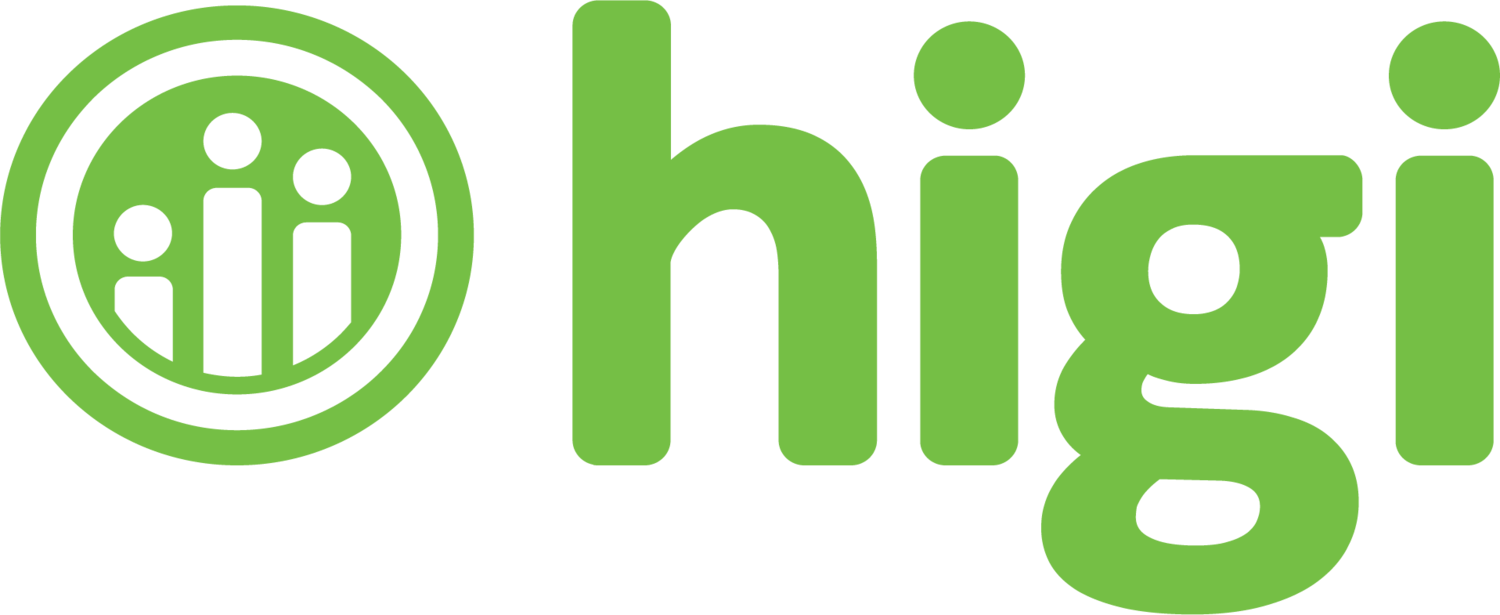Virtual health challenges with gamification can drive behavior change and may lower blood pressure
Virtual health challenges with gamification can drive behavior change and may lower blood pressureThe LowerMyBP Challenge made the greatest impact on difficult-to-reach populations and created virtual communities that helped drive sustained engagement beyond the end of challengeORLANDO, FL, September 14, 2016 – Social influence and financial incentives in the form of health challenges with motivational messaging can help drive sustainable behavioral changes that are associated with lowering blood pressure, according to a study presented by higi at the American Heart Association’s 2016 Council on Hypertension Scientific Sessions.higi partnered with mHealthCoach to study the impact of a three-month, group challenge on the participants’ blood pressure. The study found that joining the challenge not only correlated with lowering people’s blood pressure, but the positive behavior of monitoring blood pressure regularly continued for at least four months after the financial incentives were removed.The study included participants who were invited and opted to join the LowerMyBP challenge, as well as a set of random sample of individuals as controls who met the inclusion criteria but were not invited. The challenge began in October 2015 and lasted 17 weeks. Participants received customized emails weekly encouraging healthy physical activity and biometric screening at a higi health station at their local retailer. There was a weekly drawing for a $25 gift card for people who had checked their blood pressure and a grand prize drawing at the end of the study for $100. Participants could also see how they ranked in comparison to other members in the challenge to reinforce engagement through social recognition and social competition.Dr. Khan Siddiqui MD, higi’s Chief Medical and Chief Technology Officer, said, “Current health engagement efforts predominantly focus on ‘carrots or sticks’ (incentives) to engage individuals. The problem arises when you remove the incentives because the individual is now trained to remove the motivation to change. But social influence stays and can be more powerful to help drive long-term habit formation. What was remarkable in this study is that after the incentives were removed and the challenge completed, the positive behavior of monitoring BP regularly was sustained, suggesting a new habit had formed and validating the important role social influence plays in driving behavior change. These findings reinforce the need for incorporating socially-based strategies as a core component of any health engagement program.”Participants in the challenge, that measured their BP less than once a month prior to joining the challenge exhibited improved BP readings with increased engagement that continued at least four months post challenge. This continued engagement is indicative of behavioral change and not incentivized activity and creates more engaged individuals that are more mindful and receptive to health-related messaging.Dr. Siddiqui continued, “We were also excited to see high levels of engagement from men over the age of 54 who are often most at risk for hypertension and are historically considered a hard-to- reach population.”The higi network includes over 10,000 health stations in retail locations across the U.S. where consumers can track their blood pressure, weight, pulse and BMI on the stations and participate in challenges on the health stations, higi website or higi mobile app.Co-authors are Khan Siddiqui, MD, Daniel Neems, PhD and Ross Goglia, MBA of higi with Aamer Ghaffer of mhealthcoach.The poster presented at the American Heart Association’s Council on Hypertension 2016 can be found hereAbout higihigi’s mission is to get consumers to take small but meaningful steps to create lasting health habits. Its unique retail, omni-channel community health engagement platform gives consumers the power to collect and, when they opt-in, share their health and activity data with trusted partners. Millions of consumers access the higi platform to check their blood pressure, weight, pulse, BMI and link their activity data from more than 70 third-party devices.The higi platform includes the nation’s largest single network of health stations in the U.S. higi stations are HIPAA-compliant, FDA 510k Class II medical devices that provide a secure real-time flow of information with multiple screening and tracking modalities, incentives and rewards. The platform also includes web and mobile access and engagement methods. This 360-degree, cross-device ecosystem meets consumers where they are (in-store, at home, on-the-go) and enables healthcare stakeholders to better engage with individuals, creating access and actionable insights that motivate and empower in simple, fun and rewarding ways.For more information, visit us at higi.com and follow us on Twitter @higi. In addition, prospective partner developers can learn more about higi's API by visiting developer.higi.com.About mHealthCoach, llcmHealthCoach uses virtual smart agent technology to address gaps in care. The agent utilizes a propriety knowledge base to deliver personalized and contextual actionable care tasks. The highly engaging conversation-style dialogue with natural language processing and voice capability has proven to increase engagement, resulting in better care and outcomes.American Heart AssociationStatements and conclusions of study authors published in American Heart Association scientific journals are solely those of the study authors and do not necessarily reflect the association’s policy or position. The association makes no representation or guarantee as to their accuracy or reliability. The association receives funding primarily from individuals; foundations and corporations (including pharmaceutical, device manufacturers and other companies) also make donations and fund specific association programs and events. The association has strict policies to prevent these relationships from influencing the science content. Revenues from pharmaceutical and device corporations are available at www.heart.org/corporatefunding.For Media Inquiries and AHA/ASA Spokesperson Perspective: (214) 706-1173Karen Astle: (214) 706-1392; karen.astle@heart.orgJulie Del Barto (national broadcast): (214) 706-1330; julie.delbarto@heart.orgFor Public Inquiries: (800)-AHA-USA1 (242-8721) OR heart.org and strokeassociation.org Contact: Leah Jones (higi)Leah.jones@olson.com312-577-1776
